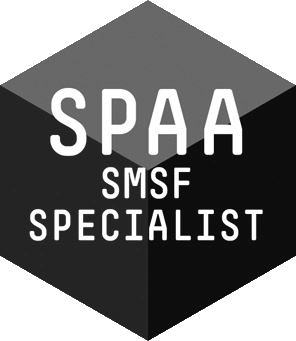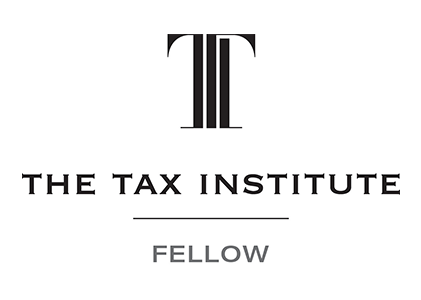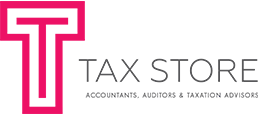Are your finances as fit as you are? Tax Tips for Fitness professionals.
As a professional in the fitness industry, you know the importance of a fit mind and body for overall wellbeing and success in life. So too, your finances need to be in tiptop shape to ensure your business is successful and you can continue to empower others to be fit and well. But do you really know what you can and can’t claim? Do you know how to maximise your income and make it work harder for you? Sadly, whilst many fitness professionals are excellent at what they do, their businesses suffer due to mismanagement and lack of knowledge around taxation compliance and financial fundamentals.
Here are some key points for fitness professionals to consider when operating an effective business:
1. Business Structure
- Sole Trader vs. Company: Many fitness professionals operate as sole traders, but depending on the scale of your business, it might be beneficial to set up a company structure. A company structure can offer tax advantages and limit your personal liability. Consider consulting a tax advisor to decide what's best for your situation.
- ABN (Australian Business Number): If you run your own business, you must first register for an ABN; this is required for tax purposes.
2. Deductions for Fitness Professionals
- Business Expenses: You can deduct a wide range of expenses associated with running your business. Some common examples include:
o Equipment: The cost of gym equipment, weights, machines, and other tools needed for personal training or group fitness classes.
o Training and Education: The cost of continuing education, certifications, and courses related to fitness or health is tax-deductible.
o Advertising and Marketing: This includes the cost of running a website, social media advertising, flyers, or business cards.
o Vehicle Expenses: If you travel to clients or between locations, you can claim deductions for car expenses. You can use the logbook method or cents per kilometre method to calculate deductions.
o Home Office Expenses: If you run your fitness business from home, a portion of your home expenses (electricity, internet, office supplies) may be deductible.
3. GST (Goods and Services Tax)
- GST Registration: If your turnover exceeds $75,000, you must register for GST and charge clients 10% GST on most of your services. This also means you can claim back the GST paid on business-related purchases.
- Exempt Services: Some fitness services are exempt from GST (such as specific personal training services or group classes). Be sure to check whether your services qualify.
4. Superannuation Contributions
- If you're a sole trader, you are responsible for contributing to your own superannuation. However, if you employ others (e.g., fitness instructors), you must ensure that you pay superannuation for your employees.
5. Income Reporting
- Make sure you report all your income accurately, including any cash payments you might receive. The Australian Tax Office (ATO) requires all income, whether paid electronically or in cash, to be declared.
6. Tax Return Deductions
- Prepaid Expenses: You can claim tax deductions for expenses that are paid in advance, like insurance, rent, or software subscriptions. Make sure to track these payments for your tax return.
- Depreciation of Equipment: If you've purchased significant assets, like gym equipment, you may be able to depreciate them over time, which reduces your taxable income.
7. Employee vs Contractor
- Employees: If you hire personal trainers or instructors as employees, you’ll need to manage payroll tax, superannuation, and other obligations.
- Contractors: If your staff are contractors, they are responsible for their own taxes, but you may need to provide certain documents like payment summaries (if applicable). Make sure the contractor relationship is clearly defined.
8. Keep Good Records
- Record-keeping is essential to ensure that you claim all of your legitimate business deductions. Use accounting software or hire a bookkeeper to track expenses and income. Keep receipts for at least five years.
9. Tax Offsets and Credits
- Depending on your income level, you may qualify for certain tax offsets or credits. Make sure to check for eligibility when doing your tax return, and consult a tax professional if you're unsure.
10. Tax Professional Assistance
- Tax law can be complicated, and small mistakes can cost you. It’s often a good idea to work with an accountant or tax professional who specialises in small businesses or the fitness industry. They can help ensure you're getting the best possible tax outcome.
By keeping track of these tips and staying organised, you’ll be better prepared for tax season. Always consider working with a qualified accountant who understands the specifics of your industry for the most accurate and beneficial guidance.
Our Management Credentials




